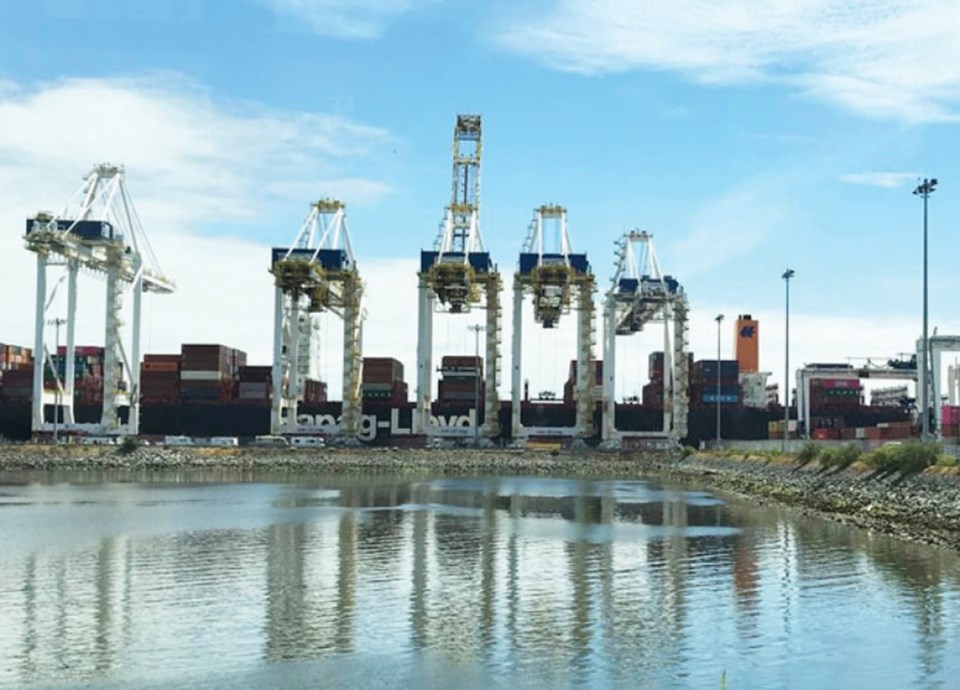Editor:
As many readers will know, the Port of Vancouver is proposing a new container terminal project, the Roberts Bank Terminal 2 (RBT2) at Deltaport near Tsawwassen. As one of the largest port expansions in decades, this mega-project will have major economic, environmental, and social implications.
The ecological impacts of this project would be severe. These include profound disruption to shorebirds such as western sandpipers, chinook salmon, southern resident killer whales, and First Nations marine harvesting grounds. The integrity of the entire Fraser Estuary is at risk.
Ecological sustainability is not the only concern about RBT2. Since its initial proposition in 2013, estimated costs for this taxpayer-funded project have increased from $2.4 to 3.5 billion. Fortunately, there are ecologically responsible and economically-viable alternatives.
The Port of Prince Rupert announced in February that it would be considering a new terminal expansion. If built, this project alone would nearly match the proposed capacity increases at RBT2.
There is a proposal to create a three to five million TEU trans-shipment container facility in Port Alberni, which would see deep-water vessels offload cargo then use a hub-and-spoke model to barge containers to destinations throughout the Salish Sea, relieving congestion on infrastructure.
Another idea would be to convert the Roberts Bank coal terminal to container facilities, in consideration of the expected shift toward cleaner fuel sources and renewable energy.
Global Container Terminals is proposing an alternative terminal expansion at Deltaport – a fourth berth along the southeast side of its existing facility. This project would have dramatically less impact on orcas, chinook salmon, and shorebirds including western sandpipers.
Today, we have an opportunity to mitigate past environmental mistakes, and to avoid future ones. Let’s focus on alternatives to RBT2 that will protect our ecosystems while facilitating sustainable economic development.
Jeffrey Wynne



